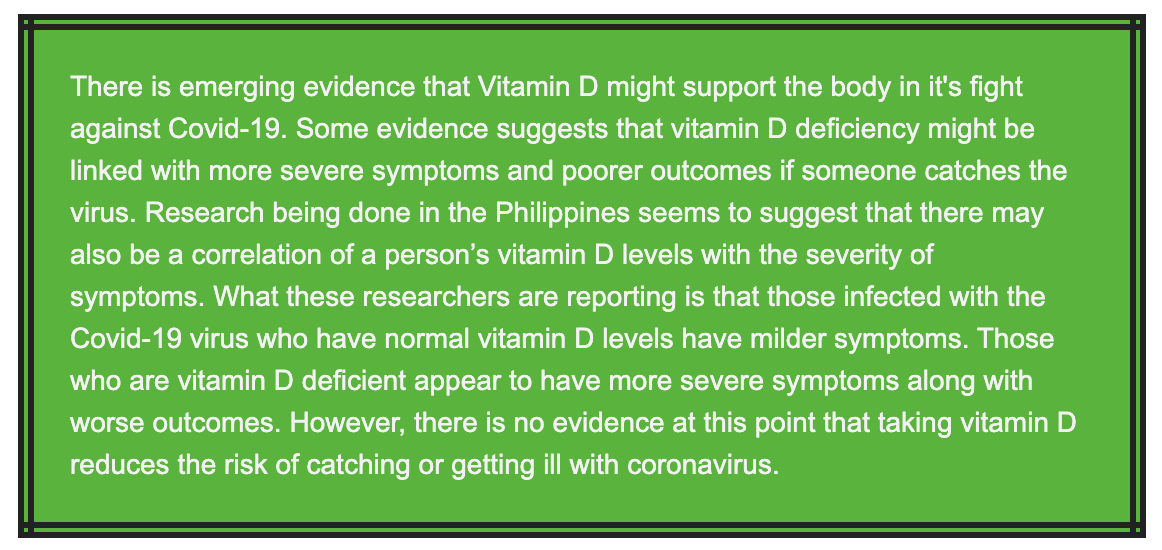Hard to believe that May is one week away! While being hunkered down in my home, I feel like April has passed right on by. Luckily May in the Mid-Atlantic states means the beginning of warm, sunny weather that can heighten our spirits and entice us back outside….even if it is only to our balconies or back decks. Sunshine is one of the best ways to not only lighten your mood but also give a boost to your immune system.
There is nothing better than a little sunshine to help you feel renewed and refreshed. Sunshine enhances the brain’s release of the hormone serotonin, which is associated with feelings of joy and serves to ward off anxiety and depression. Sunshine also synchronizes our circadian rhythm, our internal clock, that regulates our energy levels, metabolism, appetite, and sleep cycle, as well as affects our mental health. Being indoors all day, glued to our TVs or computer screens, can disrupt our natural rhythm and have a powerful impact on attitude and mental health. Spending time in the sun everyday is one of the easiest ways to stimulate a positive mood and ward off anxiety and depression during our home stay.
The sunshine vitamin, vitamin D, also plays a crucial role in our immune health. Vitamin D is known to participate in the activation of certain types of immune cells, T-cells, which are critical for fighting off infections in the body. In simplest of explanations, when a T-cell encounters a foreign invader, it sends up a kind of “antenna” or receptor for vitamin D. If the cell finds vitamin D, it will be activated and mobilized. However, without sufficient amounts of vitamin D, the T-cells remain in their inactive state and a key part of the body’s immune defenses remains paralyzed. There is evidence that low levels of vitamin D are associated with a greater risk of catching the common cold or developing pneumonia. Vitamin D supplements may be able to prevent acute respiratory tract infections as well. Therefore, many experts do think that vitamin D may have therapeutic benefits for fighting Covid-19.
Sunshine is the very best way to enhance your vitamin D levels. Our skin makes vitamin D when exposed to the sun. In fact, there are very few foods that contain vitamin D, signifying that sunshine is nature’s way of providing it to the body. With the warm weather approaching this is a great opportunity to get outside and get a little “sunshine on your shoulders.”
Morning sun is best for reinforcing the circadian rhythm and kickstarting your energy for the day. Mid-day sunshine, when you get the most UVB rays from the sun, is the most effective for making vitamin D. Although there are many variables as to how much time in the sun you need to generate sufficient levels of vitamin D, the general rule of thumb is enough sun to make your skin “slightly pink!” Because most of us are emerging from winter exposing pale skin, 15-20 minutes of mid-day sun is probably plenty right now.
I know that many of you are concerned about skin cancer and choose to avoid time in the sun. Though I don’t believe a restricted amount of sunshine is harmful, I also understand your fears. Just as I believe in food first, meaning it is best to get your nutrients from food, not supplements, I also believe in sun first. However, there are many reasons and conditions in which it is difficult to get the amount of sunshine necessary to produce enough immune boosting vitamin D. Therefore, supplementation is often necessary. However, supplementing blindly with vitamin D over 1000 IU’s a day is not recommended. It is always better to test, instead of guess, in order to know exactly how much vitamin D you may need.
If you are confused about how much vitamin D you should be taking, now’s the time to schedule a supplement review!
Right now I’m offering these 30 minute sessions at a reduced rate of $47.
The session includes:
* Comprehensive review of your current health and physical well-being
* Review, revision, OR development of a customized supplement program
• Lab referral for vitamin D testing and/or in depth nutrient testing (fees for these tests not included)
Limited spots available.

Susan Brady
is a Physical Therapist,
Nutrition Consultant and
Doctor of Integrative Medicine.
She has been treating women with osteoporosis for over 30 years and is dedicated to helping people achieve lasting good health and vitality.
Want to learn more about how you can improve your bone health? Contact me for a free 15 minute phone consult to learn more about the BONES Method™ and how it can help you achieve strong, healthy bones for life!






